Following The Film Stage’s collective top 50 films of 2024, as part of our year-end coverage, our contributors are sharing their personal top 10 lists.
Is there a worse way to see movies than the obligatory December spent catching up with all the titles you’ve missed? There’s no such thing as a bad year for cinema, and 2024 isn’t any different, but this annual period has only solidified my feeling that my favorite movies of any given year will always be the ones I’ve been given more time to sit with, be it weeks or months, than the countless prestige titles I end up hurrying through as a checklist exercise. It’s not that films from this crop can’t still resonate with me so much as they arrive at a point where the calendar year in cinema has already been defined––even the best last-minute viewings will be unfairly judged, critiqued on whether they’re worthy of making a list rather than on their own merits. Quite paradoxically, a sense of critical responsibility to watch as much as possible only leaves my mind further closed, not wanting to sacrifice a spot in the highest tiers of my rankings––which, it goes without saying, is not a particularly healthy way to relate to the art form. Catch-up season can bring out the worst habits in many of us.
Perhaps the best film of 2024 will be one I won’t see for years from now, or maybe even a title from this cursed catch-up period that’ll slowly reveal an impact which far outlasts the immediacy of the works listed below. All I know is that, after bingeing my way through as many screenings and screeners as I could before the deadline to submit this list, it’s never been more clear that this is the worst way to experience any work of art for the first time (the second-worst being, of course, at a festival). These would always be my favorite titles of 2024, but giving them breathing room––and, crucially, not even thinking about them in terms of a list––has only made them grow richer over time.
Honourable Mentions: The Beast, A Different Man, Furiosa: A Mad Max Saga, Kneecap, The People’s Joker
10. Anora (Sean Baker)
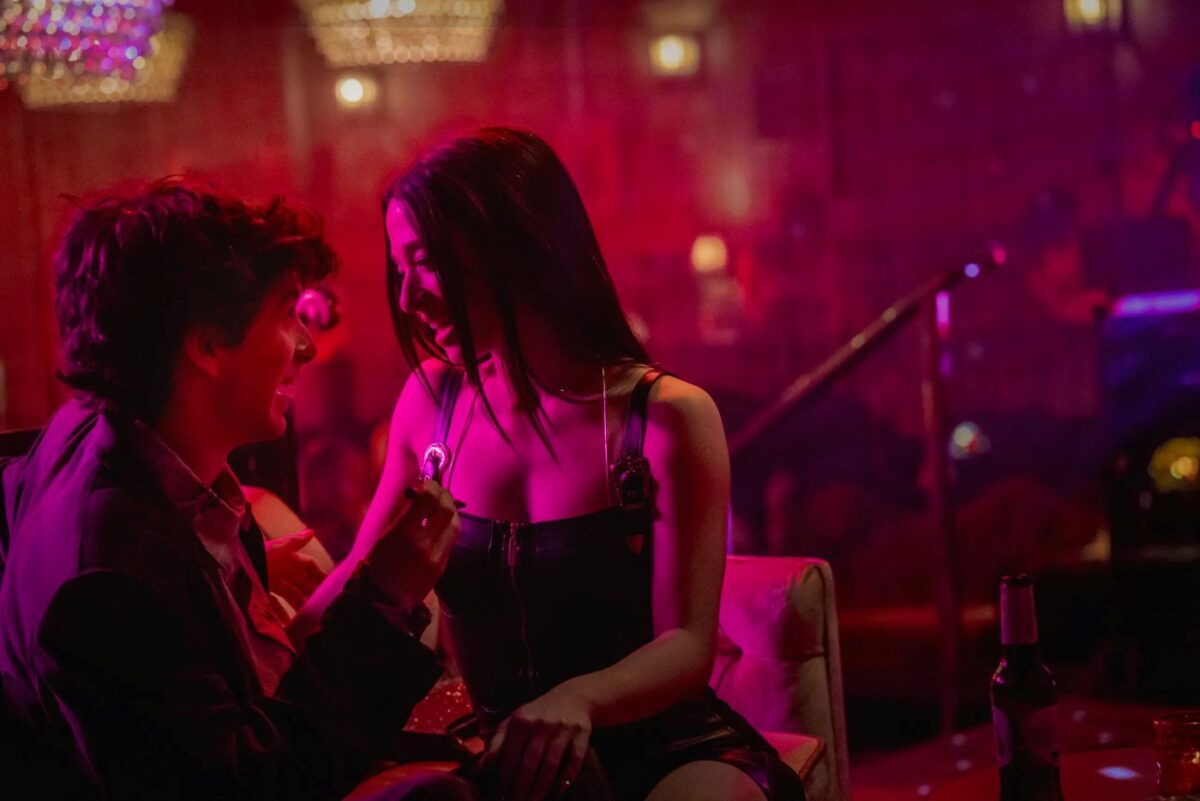
Sean Baker’s Red Rocket remains my favorite film of the decade so far as we arrive at its midway point, and that jet-black comedy about the most unlikeable protagonist in years has found an unlikely companion piece in his Palme D’Or winner Anora. Both are tales of miscalculated wish fulfillment, and because of the way Ani’s (Mikey Madison) fantasy of happily married life inevitably shatters days after her Vegas wedding, there have been some criticisms that Baker is looking down his nose at his working-class sex worker heroine in the same way he did at the washed-up porn star grooming an underage girl in his previous effort. I couldn’t disagree with this sentiment more; both are stories about navigating the gig economy, but seeing it through Ani’s eyes, you sense Baker naively shares her hope to find something more secure, without ever disparaging her line of work.
9. Trap (M. Night Shyamalan)
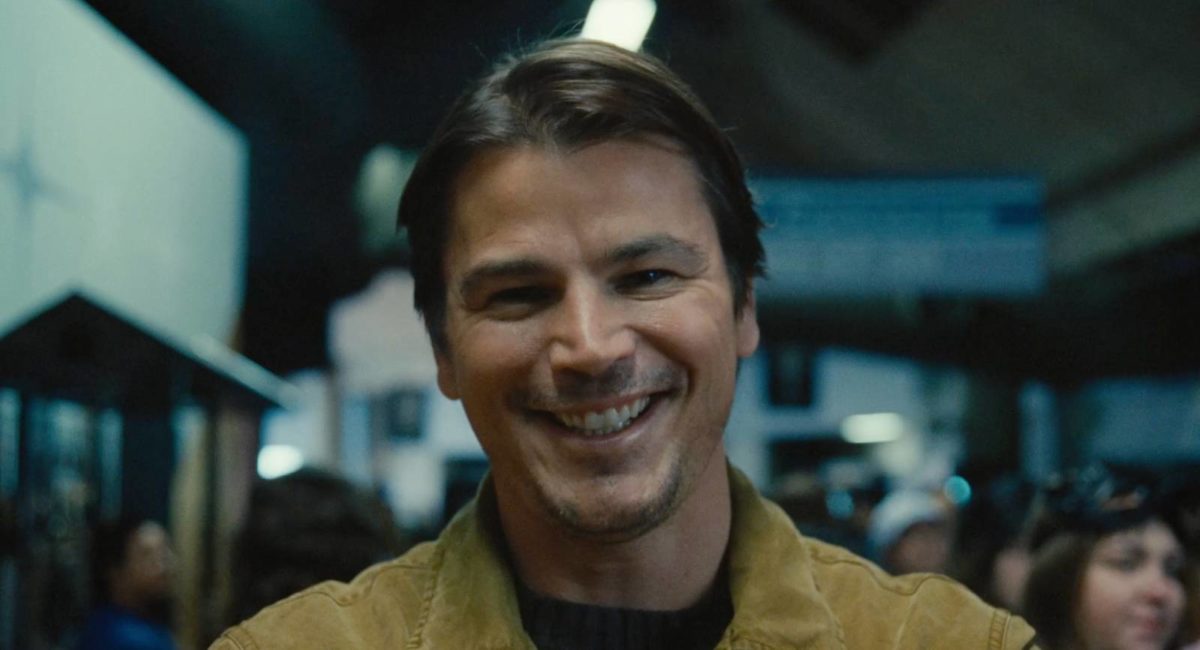
In a year of Warner Bros. repeatedly dropping the ball, with their few successes seemingly by accident, it’s easy to forget the way they mismanaged Trap. After an evocative teaser, the studio made the baffling decision not to screen the movie for critics, a move which naturally led some to sharpen their knives ready for a turkey––and the public perception followed suit. The deserved consensus opinion on this very site is that Josh Hartnett’s committed comic performance is one of the year’s finest, his take on the obsessive killer so dialed into the peculiar behavioral and linguistic mannerisms of the writer/director’s taut screenplay that even the most died-in-the-wool Shyamalan detractor couldn’t argue against its intentionality. Because of the way Trap entered the world, it remains stubbornly underrated outside of the bubble of its intense fandom, which is only going to make the inevitable critical reclamation project all the more irritating. If afforded the chance to succeed by its distributor, I suspect the consensus would have been warmer from the beginning, and the film held in high esteem as Shayamalan’s most purely enjoyable thrill ride.
8. Sing Sing (Greg Kwedar)
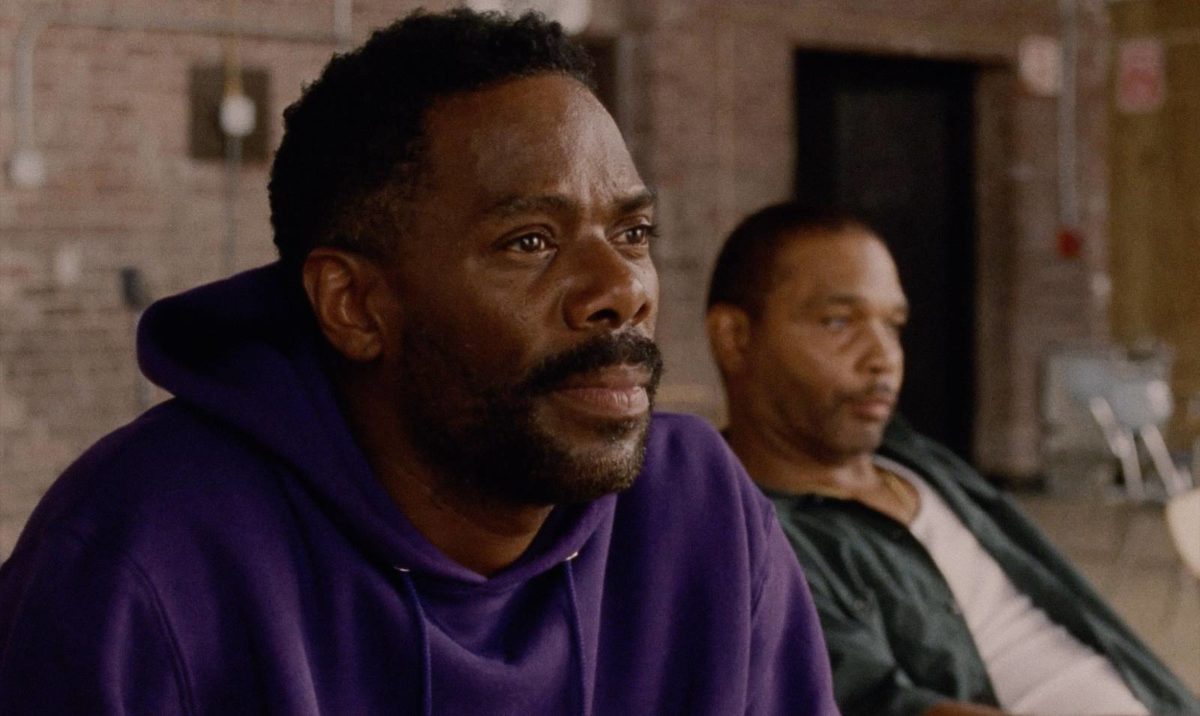
I’m a sucker for a “putting on a show” narrative, and the moment I knew Sing Sing would have a profound effect on me was the very early reveal that the play the characters are putting on is incoherent nonsense. Collaborating with former alumni of the theater program at the New York jail, director and co-screenwriter Greg Kwedar has managed to make a testament to the rehabilitative power of art without making an overbearing statement about its importance. It doesn’t shy away from the failings of the prison system, but the way in which the characters navigate the bureaucracy of the carceral space proves less powerful than how it explores the transformative power of creation. That their play is something even The Muppets wouldn’t pitch because it sounds too chaotic makes it even better.
7. All We Imagine As Light (Payal Kapadia)

If there is any silver lining to All We Imagine As Light’s sidelining in the awards race, it’s that it will hopefully generate the wake-up call that art resonates beyond borders. Rejected by India’s Oscar submission committee for feeling “too European”––an irony not lost in a year where France’s submission is a Mexican crime musical, and Germany is represented by an Iranian drama––Payal Kapadia’s narrative debut appears to have been more likely sidelined for not shying away from the inequalities in Modi’s India, as seen through the eyes of three hospital workers. I wouldn’t typically bring up something like the awards race in a personal list, as this has no bearing on my relationship to any of the films discussed, but this response has helped reaffirm just how insidious it is for countries to choose the art which reflects them, and not let the work speak for itself. Kapadia finds grace in contemporary Mumbai life, even if there is a rage beneath the surface via how she reflects the dynamics between genders and religious denominations within her country. To write such a culturally specific story off as being unrepresentative of it is a dark harbinger of film culture in the years to come.
6. Pictures of Ghosts (Kleber Mendonça Filho)
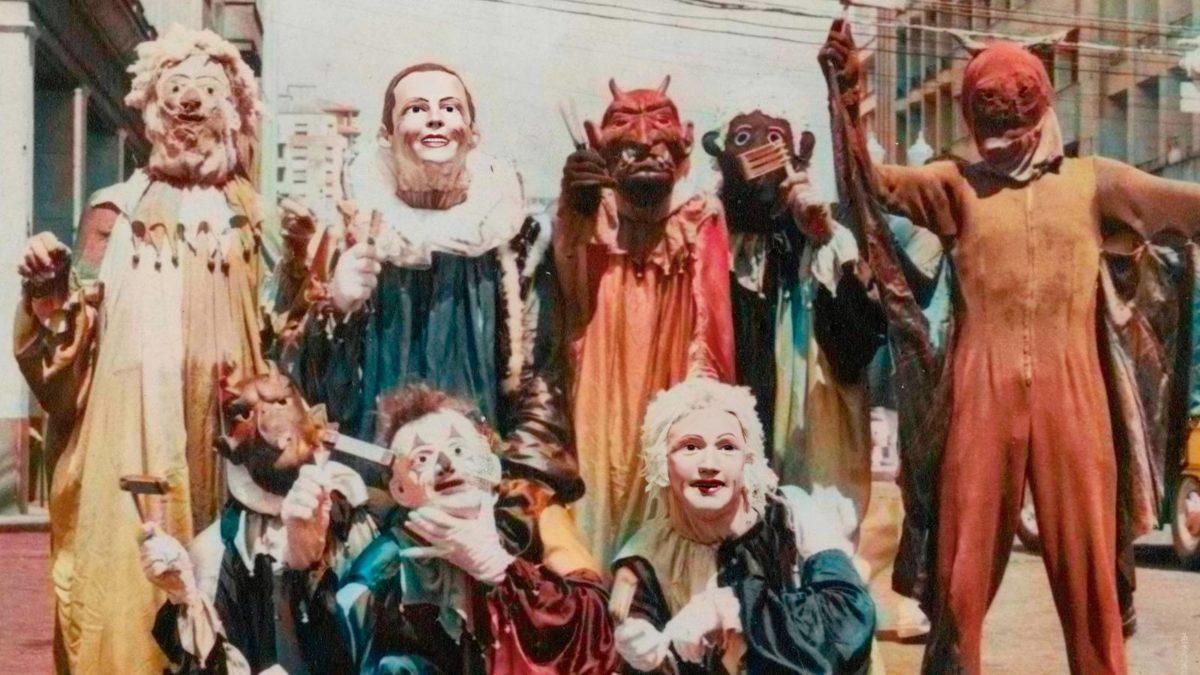
Filho began working on his cinematic memoir Pictures of Ghosts prior to the start of production on his Cannes-winning Bacurau, in the final months before the dictatorship-admiring Jair Bolsonaro seized his country’s Presidency. That calamitous time in office was detrimental to the nation’s culture sector, with the Brazilian Cinematheque––the largest film archive in Latin America––setting on fire by the end of it, with countless works lost to the blaze. It’s through this lens that a personal essay like Pictures of Ghosts, a walk down memory lane through the Recife cinemas the director grew up attending (and eventually working in) and how the city is reflected in his own art, feels vital, and impossibly moving. Cultural spaces shuttering their doors is far from a distinctly Brazilian phenomenon, and Filho gives his old stomping grounds the tribute any cinephile will wish they’d be able to give to the former picture palaces that are now supermarkets and apartment blocks. The preservation of these spaces is important for film preservation to continue unthreatened.
5. Hard Truths (Mike Leigh)
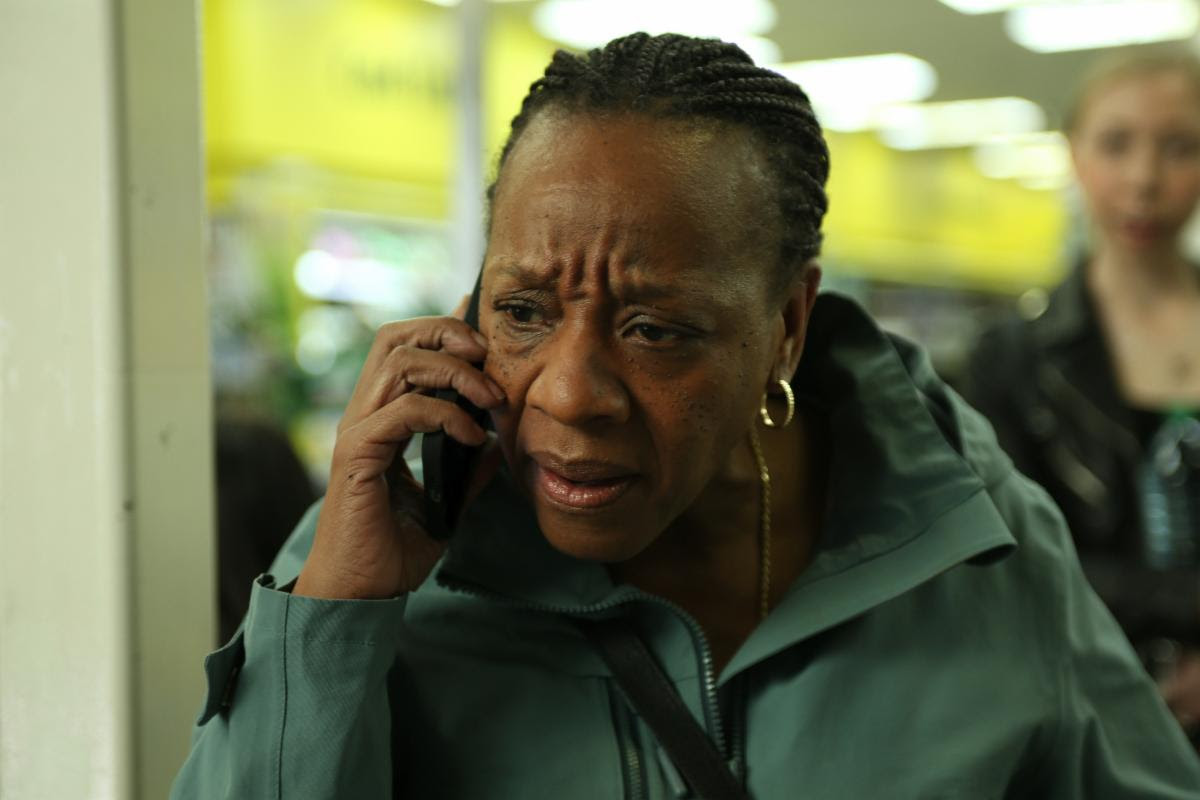
Mike Leigh’s first film with a contemporary setting since 2010’s Another Year is the most vivid depiction of post-COVID life yet committed to screen. The pandemic is only fleetingly mentioned a couple of times, but it’s hard to imagine that Pansy (Marianne Jean-Baptiste), an agoraphobic woman whose every interaction is crippled by an ill-defined anger, would have found herself as unable to relate to anybody outside of her own headspace if she wasn’t trapped inside for more than a year. Leigh typically offers a humane perspective on the most abrasive of characters, and here tries to keep a guiding hand on her shoulder, no matter how much she exasperates everybody in her orbit and does all she can to push her loved ones away. You’d cross the street to avoid interacting with somebody like Pansy––Leigh and Jean-Baptiste show her at her antagonistic worst so you can more clearly hear the cry for help buried beneath her every interaction.
4. No Other Land (Basel Adra, Hamdan Ballal, Yuval Abraham and Rachel Szor)
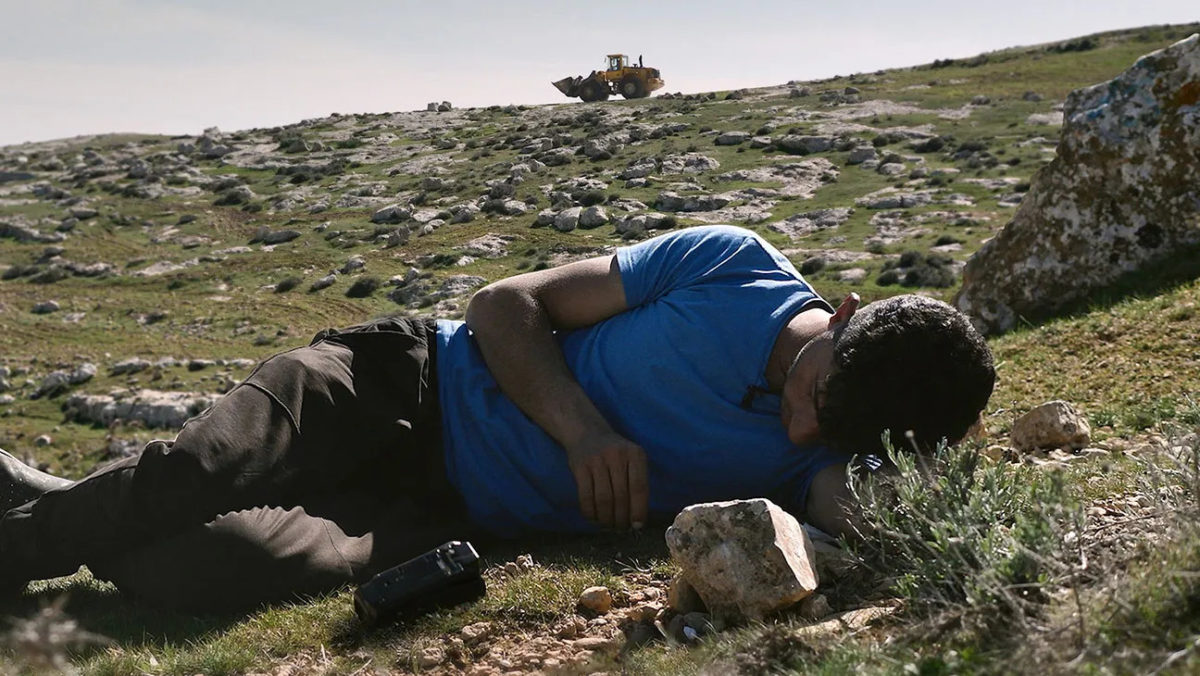
The flaw with a numbered list is that, even in its most personal form, it’s hard to distinguish between the most vital films and personal favorites; you don’t want to fall in the trap of awarding a film off the back of its subject matter, but some causes require as much of a platform that they can get. Consider this my apology for only placing No Other Land, the best documentary of the decade so far, in fourth place, when the violent acts of Palestinian displacement by the Israeli Air Force depicted within are the most necessary film images of this year. The Israeli/Palestinian collective began filming in 2019, capturing the mounting layers of bureaucracy as families are forced out of homes in Masafer Yatta by a military wing who claim the homes their land is on are property of the IDF, despite no prior military presence. As a genocide rages on, the lack of accountability will leave you feeling more depressed and helpless than usual, but as the film itself reminds us, this is a typical western response. Palestinians know that justice won’t happen overnight, and that abandoning all hope is not the productive response they want from international allies.
3. Red Rooms (Pascal Plante)
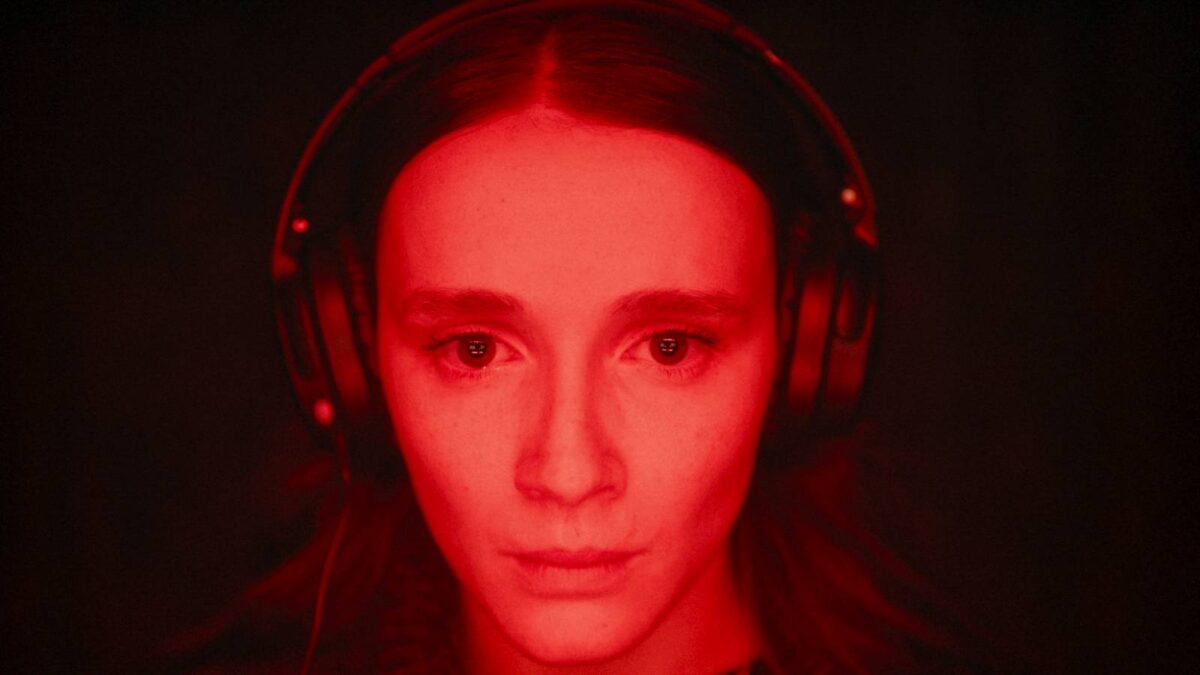
Part-subversive courtroom thriller, part-Demonlover-inspired satire on how technology has fed our most taboo addictions, all parts irresistible, I don’t think any film will see its cult following grow in size by the end of the decade quite like Red Rooms. I was initially confused by the widespread comparisons made to the work of David Fincher, beyond this being an icy take on the serial killer genre, but in the months since my first viewing, it’s dawned on me. Much like the audiences who have Mandela effect-ed themselves into believing you see Gwyneth Paltrow’s head in a box in Se7en, this is a movie which gets its power from affording the viewer the space to illustrate the most gruesome images for themselves. Without a clearer view of those to anchor the story, the worldview and sympathies of Kelly-Anne (Juliette Gariépy) remain impenetrable, her every action – from a friendship with a serial killer “groupie” to the most ill-advised fancy dress costume in history – an act of violence. Without a single drop of blood on screen, Red Rooms still feels destined to be described as one of the most depraved thrillers in history; I haven’t been able to shake it since seeing it, and quite frankly, I don’t want to.
2. Challengers (Luca Guadagnino)

Everything is about sex, except tennis, which is about power. Perhaps it was being unfairly criticized for being a prude in his failure to depict sex in Call Me By Your Name that led Luca Guadagnino to envision Justin Kuritzkes’ screenplay as one of the horniest works a mainstream studio has let loose in years, a story where sexuality was always a factor, but never the all-consuming driving force it is in this iteration. Through the eyes of Tashi Duncan (Zendaya), whose sole obsession is tennis, every match between her competing lovers (Mike Faist and Josh O’Connor) a Freudian power play for her affections. The best sports movies function like matches, designed to make spectators jump out of their seats to cheer––perhaps the biggest success of Challengers is that its grand finale is reinvigorating in this way, even as as it operates as a not-so-stealth allegory for both the sexual prowess of the two love rivals. If only Wimbledon were this exciting.
1. I Saw The TV Glow (Jane Schoenbrun)
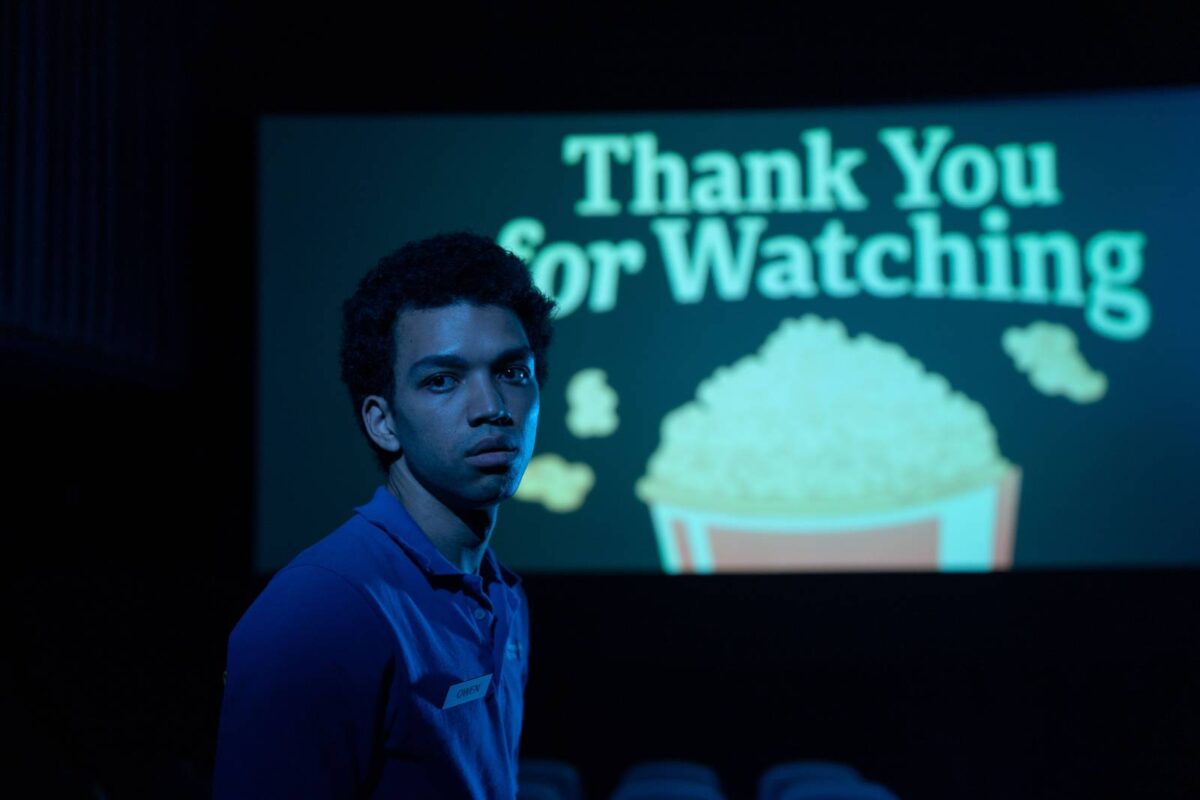
Without ever once diagnosing this as the explanation behind the harrowing final moments of I Saw The TV Glow, director Jane Schoenbrun manages to articulate the experience of gender dysphoria in a way that has managed to resonate even with audiences––myself included––who wouldn’t be able to relate to that trauma. Perhaps because I saw their film in the weeks before I turned 30, I was more perceptible to the anxiety that I wasn’t living the best, most fulfilling version of my life; more likely, Schoenbrun has leveled up considerably from their 2021 debut We’re All Going To The World’s Fair, finding a more impactful way to use their formative cultural obsessions to reinvent the trans (not-quite-)coming-of-age film in their image. I suspect that Schoenbrun will end this decade as one of its defining filmmakers.
